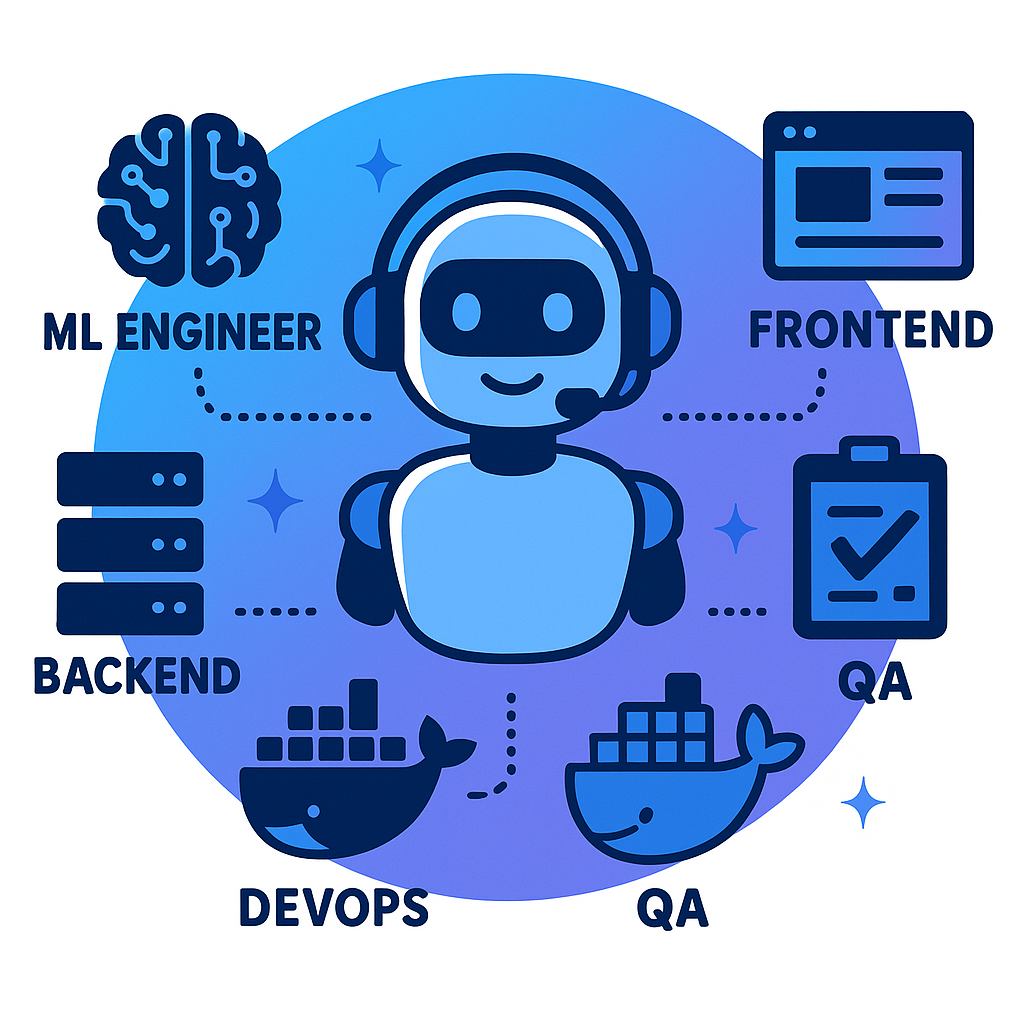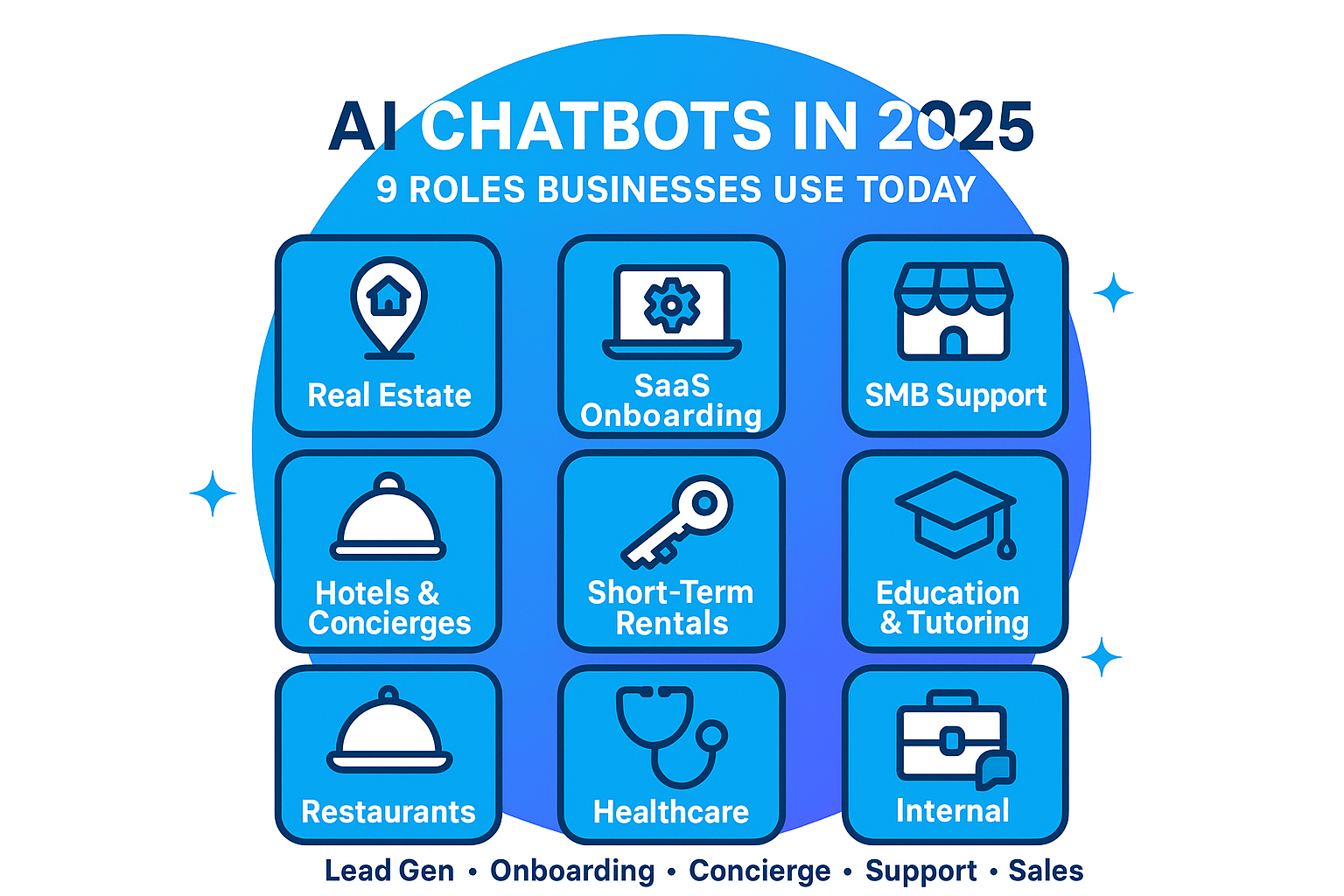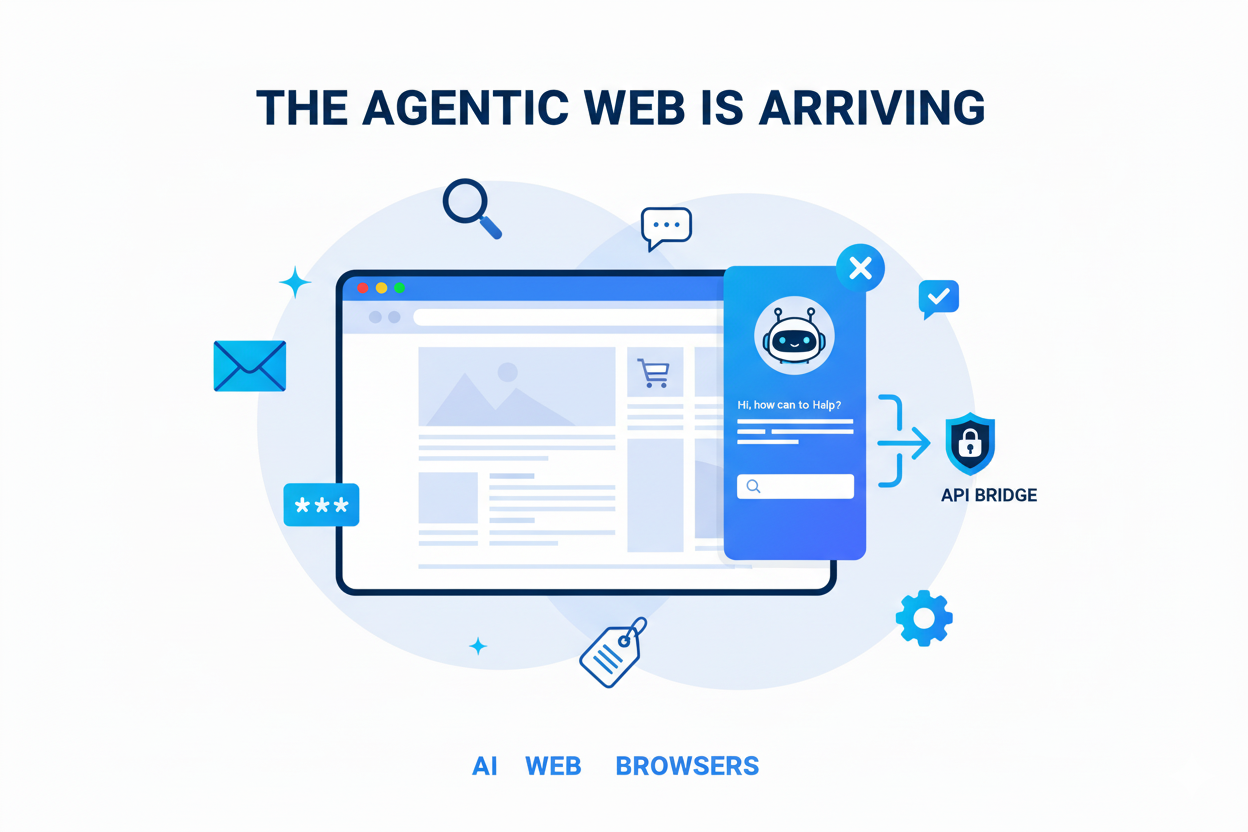Six Months with AI Agents as Our Development Team

Six months ago, we handed HoverBot's repo to a squad of AI agents. Today, they feel like full-time teammates.
These agents help us ship faster, refactor with confidence, and rethink traditional workflows. We treat them like a real engineering team, each with a clear role:
- ML engineer agent fine-tunes models and guards data pipelines
- Backend agent ships APIs and core logic
- Frontend agent shapes UI and application state
- DevOps agent owns Docker, CI/CD, and infra
- QA agent generates and runs automated tests
This setup helps us scale more effectively, debug faster, and keep responsibilities clean and clear.
Of course, it's not without challenges:
1. The ecosystem evolves fast.
AI coding agents update every week. Models improve quickly as well, but sometimes become less predictable. What worked last week might break today. So we treat prompts and tools like versioned APIs—something we regularly test, review, and maintain.
2. Context is still a big limitation.
Even with models going from 4K to 200K tokens, when you work with large codebases, things get messy. Important details get lost. Outputs can get fuzzy. We've found the best way to handle this is by restarting sessions often and keeping tasks small and focused.
3. Testing works differently.
Traditional unit tests don't translate well to agent workflows. As engineers, we're used to writing lots of small tests that cover each logical branch. This makes refactoring safe and keeps things reliable, even if it means our test codebase is bigger than the implementation. But with AI agents, every extra test consumes context. So instead of classic unit tests, we've started using retrieval-based test scaffolds and lightweight validation checks after generation.
What's Working Well
Here's what's been working well for us:
- Keeping the codebase modular and minimal
- Defining clear task boundaries for each agent
- Versioning prompts (PromptOps is real!)
- Breaking big tasks into smaller, manageable chunks
Right now, the tools are starting to catch up. Our development speed has improved significantly. And multi-agent workflows aren't just an experimental idea anymore, they're becoming part of how we actually build software.
Share this article
Related Articles

Meet the 2025 chatbots that actually helps
How AI chatbots have evolved from simple Q&A tools into full-service digital helpers that drive leads, handle onboarding, and boost revenue across nine different industries.

The agentic web is arriving
A new generation of browsers such as OpenAI Atlas, Perplexity and Diabrowser are quietly rewriting the rules of the internet. They do not just give you a search bar. They give you an agent.